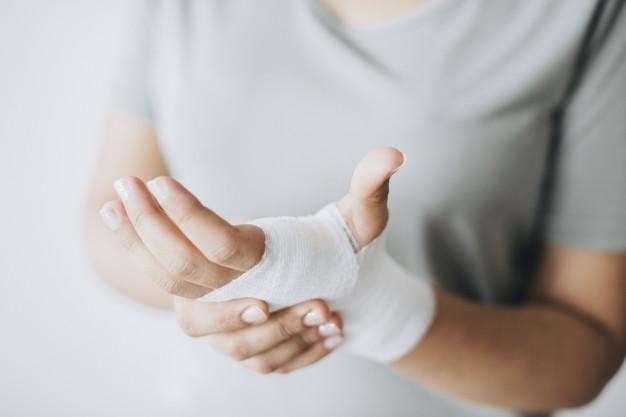Other Issues and Injuries

Allergies
A severe allergic response will spark an anaphylactic reaction which can lead to respiratory arrest and necessitate an adrenaline shot. Sufferers of known allergies should avoid the allergen and carry antihistamines. Adrenaline injections can be purchased in cases of high risk. For bee stings, scrape the sting away with a credit card, wash the wound and go to a hospital immediately.
Daily Water Intake
Your average daily intake should be 3 deciliters/10 kg body mass minimum; multiplied by 1.5 maximum. Sip water frequently.
Dislocations
Do not attempt to relocate a dislocated bone unless you are trained. The correct response is to immobilize the injury. The key is to splint the limb so the patient can be moved, not move the limb so that it can be splinted more easily. Splint to move, never move to splint. If you need to remove a helmet, insert your hands in the two sides of the helmet while someone else slowly removes it.
Ear Problems
Blockages are most commonly thick earwax. Cotton buds are usually ineffective as they only compact the wax. Irrigation is available at the medical center. Ear discharge that spreads into fabric causing double-ring (“halo”) patterns is reason to suspect a cerebrospinal fluid. Use a gauze to apply pressure and bring the patient to the medical center.
Eye Injuries
Foreign objects or dust: Wash with water or a saline solution. Lie the patient on the side and flush the eye from the inner to the outside. Avoid rubbing.
Impaling: Do not remove the object. Immobilize it, cover and splint. Also immobilize the good eye. Cover both and call for emergency medical response.
Fractures
Ribs: Apply pressure with a pillow and call for emergency medical response or proceed to hospital.
Extremities: Splint the fracture and proceed to hospital.
Nose Injuries
Reassure the victim. Pinch to stop bleeding. Do not look up—blood can flow backward to the trachea/lungs. Lean forward and raise the head.
Pulse/Pressure Points
To check the pulse, use artery points—the dominant is the carotid artery in the throat. The normal adult heart rate is 60 to 100 beats per minute. A weak heart beats less than 40 times per minute. Athletes’ hearts are strong and can beat 50 times per minute while still supplying the body with an adequate blood flow. In cases of shock, the rate will go above 100.
Rabies
If there is any chance you will be traveling to a rabies-infected area, get vaccinated. Cases of rabies in Saigon are rare but not nonexistent. The symptoms of rabies will lead to death, and there is no cure. If you are bitten, proceed to the medical center to receive immunoglobulin injections around the bite area.
Shock
Shock is the failure of the cardiovascular system to keep adequate blood circulation to all vital organs of the body. The victim will be confused with enlarged pupils. Lie the victim down with the legs elevated and call for medical response.
Sprains
Follow the RICE protocol—rest, ice, compression, elevation. Ideally you will need an elastic bandage. For stretched or torn tendons, ligaments and blood vessels (often around the ankle) use a figure 8 compression wrap.
Strains
If a patient has stretched or torn muscles, they will experience a sharp pain, stiffness, and swelling. “When in doubt, splint it out.” Follow the contour of the person’s injury.
 We use cookies on this website to enhance your user experience
We use cookies on this website to enhance your user experience